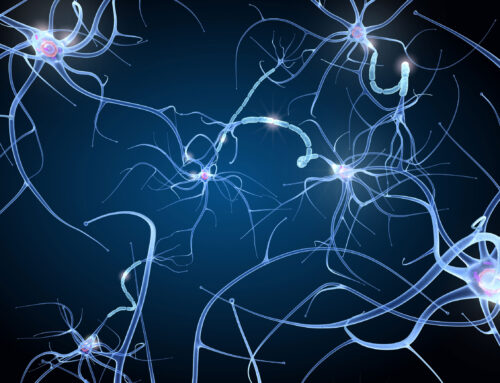Tracker – Addictive monitoring or really helpful?
The use of health trackers in the form of wearables, such as Garmin, Samsung, Xiaomi, or Apple Watch, Fitbit, as well as the Oura or Humandesign Ring, has become widespread. Initially started in competitive sports, they are increasingly popular among recreational athletes and have meanwhile become indispensable in the field of biohacking/longevity.
I cannot deny that I was skeptical for a long time and did not want to be “observed and measured.” Moreover, I do not like wearing a watch on my wrist.
After the Oura Ring, with its medical-grade sensors in the field of sleep monitoring, was highly praised and recommended to me by various acquaintances, and after continuous glucose monitoring (CGM) provided me with significant insights into my food utilization, I decided to try such a ring.
My main focus was clearly on improving my sleep.
Initially, data is collected for 14-30 days: individual values in the areas of heart rate, body temperature, and circadian rhythm. Then, it moves on to interpretation and behavior optimization. After the initial adjustment and with the practically acquired understanding of the impact of my habits on my sleep and regeneration, I became ambitious. I was genuinely disappointed if my score was not above 90% and wanted to achieve longer streaks. As a woman, this was not an easy task due to hormonal changes. I also provided my husband with a ring, and we learned a lot about differences, biological needs, and our different internal clocks.
After using it for over a year, interrupted only by a 2-week break and a few days when the battery was empty, I have found a more relaxed relationship with the measurements. If the battery is empty and my statistics suffer, it no longer bothers me. I have also learned that my own assessment has a strong influence on my daily form, and I no longer rely “only” on the technology but use my mindset very consciously after a bad night to have a joyful day.
At the beginning, there was a clear decision to prioritize sleep, putting it first! The evaluation of the algorithms helped me to stick to it. My emotionally influenced interpretation of my condition led to various deceptions and misjudgments in retrospect. My own neurodiversity made it difficult for me to implement familiar things in the long term and learn from mistakes. Previously, setbacks in my ambitious goals completely threw me off track, but now I see the long-term development, and that helps me to keep “on course.”
It certainly took 6 months to build a solid foundation with the necessary behavioral changes into fixed habits. During this time, I often had to say “no” and subordinate many social activities, such as late dinners and evening phone calls, to my sleep. That was not easy! But it was really worth it. My conclusion is positive, and I am sure that without the long-term measurement and interpretation of my data, I would not have developed such a solid sleep behavior as I have now internalized.
Now, sleep would also work well without the device, but further exciting features and the continuous development of features in the areas of stress management and women’s health offer real added value for me, and the next major biological change in the context of perimenopause and the following menopause is also just around the corner.
There is no economic collaboration with Oura; this is my personal experience with the device.


